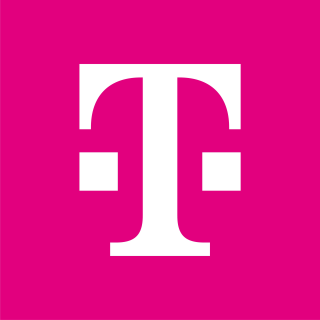In behavioral interview, I mentioned a project that I've done when I was an inhouse consultant. Then I was asked "what was your role in the project? your role, not the team's contribution"
I answered my responsibility was working on the xyz workstream, looking at xyz pillar.
It doesn't seem impressive. How should I answer this?





















